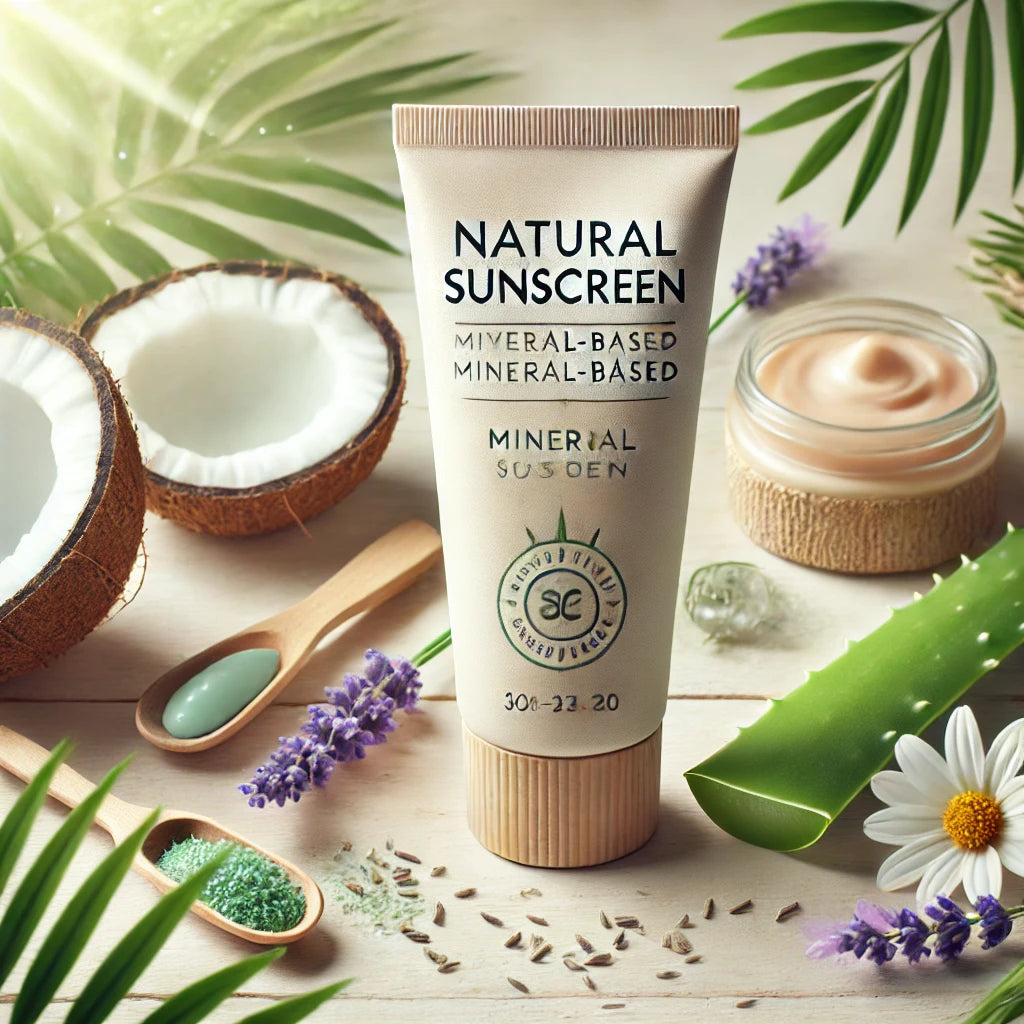News — sun protection
Protect Your Skin: The Connection Between Sunburn and Skin Cancer
melanoma risk prevent skin cancer protect your skin skin cancer prevention sun protection sun safety sunburn and skin cancer sunburn damage sunscreen tips UV damage
We all enjoy a sunny day, but prolonged exposure to the sun without protection can lead to sunburn—a common yet serious condition that damages the skin. While a sunburn may seem like a temporary discomfort, repeated sunburns can have long-lasting effects, significantly increasing the risk of skin cancer. In fact, even a single blistering sunburn in childhood or adolescence can double the chances of developing melanoma, the deadliest form of skin cancer.
Understanding the link between sunburn and skin cancer is crucial for preventing long-term skin damage and protecting your health. This guide will explore how sunburn affects the skin, its role in the development of skin cancer, and practical tips for safeguarding your skin from harmful UV radiation.
Shield Your Skin: The Power of Antioxidants Against UV Damage
anti-aging antioxidant benefits antioxidants for skin free radical defense healthy skin prevent wrinkles skin repair skincare and antioxidants skincare routine sun damage repair sun protection sunscreen and antioxidants UV damage protection UV protection vitamin C for skin
Our skin is constantly exposed to ultraviolet (UV) rays from the sun, which can cause significant damage over time. While sunscreen is the first line of defense, antioxidants play a powerful role in protecting the skin from the harmful effects of UV radiation. These potent compounds neutralize free radicals, the unstable molecules generated by UV exposure, that can lead to premature aging, wrinkles, sunburn, and even skin cancer.
Incorporating antioxidants into your skincare routine, either through diet or topical products, can significantly enhance your skin's resilience to UV damage. Vitamins like C and E, along with other powerful antioxidants such as beta-carotene and polyphenols, work to protect your skin at a cellular level, promoting repair and reducing inflammation. This guide explores how antioxidants combat UV damage and how you can use them to shield your skin.
The Best Natural Sunscreens for Sensitive Skin
best sunscreen for eczema best sunscreen for sensitive skin chemical-free sunscreen eco-friendly sunscreen hypoallergenic sunscreen mineral sunscreen natural skincare natural sunscreen non-toxic sunscreen organic sunscreen reef-safe sunscreen sensitive skin sun protection sun protection sunscreen sunscreen for acne-prone skin sunscreen ingredients titanium dioxide sunscreen zinc oxide
Natural sunscreens use mineral-based ingredients like zinc oxide or titanium dioxide to provide sun protection, creating a physical barrier on the skin rather than relying on potentially harsh chemicals. In this article, we’ll explore some of the best natural sunscreens for sensitive skin, their benefits, and what to look for when choosing the right product. Whether you're looking for daily wear or sun protection for outdoor activities, this guide will help you find the best options for your skin type.
Skin Cancer Screening: How Often Should You Check Your Skin?
ABCDE rule cancer awareness dermatologist visit early detection melanoma signs monthly skin checks self-skin exam skin cancer awareness skin cancer prevention skin cancer risk factors skin cancer screening skin cancer symptoms skin cancer treatment skin check frequency skin health sun protection tanning bed risks
Understanding the importance of skin cancer screening and knowing when and how often to check your skin can help you catch warning signs early. Skin cancer screening is a simple, proactive step toward protecting your health, and it’s easier than you might think. In this article, we’ll discuss how often you should check your skin, the best methods for self-examinations, and when to see a dermatologist for a professional skin cancer screening.




